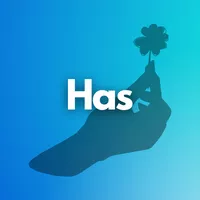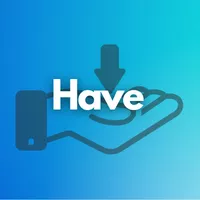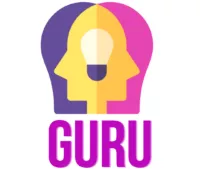Key Difference: We all come across the terms has and have. Because we often use these terms while speaking in English. Has is the past form of the word Have. Both terms denote possession. There is a big difference in the usage of these words. Has is used for singular subjects such as He, she, & it. Have is used in the case of plural subjects such as I, we, you, & they. In this post, we will show you the difference between these two terms with proper explanations.
Has: He has a car.
Have: You have a nice carpet.
 |  |
Has:

Done something in the past.
The term Has is a past form of the word have. It is a singular verb and it is used to define that something has been done in the past. We usually use this word with the singular subjects He, She, It, and They. Let’s see an example to make it clear for you. She has three brothers. From this statement, we might understand that someone has three brothers. Here, we come up with another example for your reference. He has to fill out the form.
How Do We Spell the Word Has?
The phonetics pronunciation of the word Has is həz. And this word sounds like the following audio.
Enunciation:
Syllabification refers to the process of division of words into smaller parts. It is commonly known as syllables. With its help, you can easily read and spell the word accurately. Here, you will see how to split the word “Has” by syllables.
- The word “Has” has only one syllable.
- It cannot be divided.
Using “Has” in sentences:
- Veronica has a Bi-cycle.
- She has long hair.
- Nancy has a flute.
- The pain has gone after taking pills.
- He has ten books.
Have:

Keep or own something.
Have is a plural verb. It refers to holding, owning, or possessing something. We use this term with the plural verbs such as I, we, you, and they. Let’s see an example to make it clear for you. They have to take medicine. From this statement, we might understand that, someone said that they should take medicine. Here we come up with another example for your reference. I have known him for a long time. From this statement, we might understand that, someone said that I know about him.
How Do We Spell the Word Have?
The phonetics pronunciation of the word Have is hav. And this word sounds like the following audio.
Enunciation:
Syllabification refers to the process of division of words into smaller parts. It is commonly known as syllables. With its help, you can easily read and spell the word accurately. Here, you will see how to split the word “Have” by syllables.
- The word “Have” has only one syllable.
- It cannot be divided.
Using “Have” in sentences:
- I have a pen.
- Have you seen Tom yesterday?
- I have been working here for two years.
- Have a great day.
- Let’s have fun with friends.
Compare: Has Vs Have
This table will show the contradiction between the words’ Has and Have.
| Has | Have | |
|---|---|---|
| Definition | It is a singular verb. It refers to having something. Done something in the past. | It is a plural verb. To own or hold something. |
| Synonyms | Possess, own, hold, keep, use | Own, possess, hold, keep, utilize |
| Antonyms | Give, send | Give, send |
| Etymology | Old English habban, of Germanic origin; related to Dutch hebben and German haben, also probably to heave. | Old English habban, of Germanic origin; related to Dutch hebben and German haben, also probably to heave. |
| Examples | He has a picture of his dog. She has lost weight. The mail has arrived. Has something happened? This doll has a beautiful face. | What do you have? Do you have a pet? I have a cold. Please have a seat. Now, all I have is money. |
Resources and References:
Resources: Cambridge Dictionary (Has, Have), Merriam-Webster (Has, Have), Collins Dictionary (Has, Have), Dictionary.com (Has, Have)
Reference: Dictionary.Cambridge.org[1], Merriam-Webster.com[2], CollinsDictionary.com[3], Dictionary.com[4].
